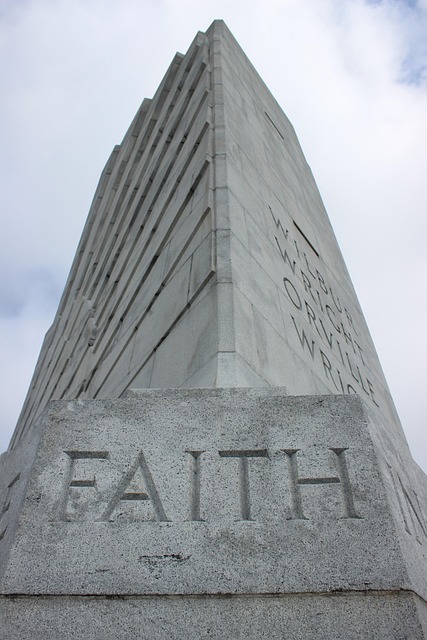North Carolina's strict "Do Not Call" law protects residents from unwanted political robocalls, balancing political engagement with privacy rights. Citizens can register their numbers on the state's official list through the North Carolina Department of Justice website or consult a specialized Do not Call law firm NC for legal advice. Legitimate campaigns must adhere to guidelines regarding call frequency and content, while violations can lead to consequences for campaign organizations. This legislation ensures North Carolinians have control over their communication preferences during elections, fostering a smoother electoral process.
In North Carolina, political robocalls have become a common nuisance, raising questions about their legality under state’s stringent Do Not Call laws. This article delves into the legal implications of automated political calls, exploring how these messages navigate the fine line between free speech and consumer protection. We examine North Carolina’s restrictions on political telemarketing and provide essential insights for both political campaigners and residents looking to avoid unwanted calls from a Do Not Call law firm NC.
Understanding North Carolina's Do Not Call Laws
North Carolina has a robust “Do Not Call” law in place, aimed at protecting residents from unwanted phone calls, including political robocalls. This legislation gives citizens the power to opt-out of receiving marketing or promotional calls, and it applies not just to telemarketers but also to political organizations. The state’s Do Not Call list is a registered database that facilitates this process.
Residents of North Carolina can register their phone numbers on the state’s official Do Not Call list by visiting the North Carolina Department of Justice website. Once registered, they can expect a significant reduction in unsolicited calls, including political robocalls. Moreover, the law firm specializing in Do not Call laws in NC plays a crucial role in ensuring compliance and providing recourse for those who feel their rights have been violated.
The Rise of Political Robocalls and Their Legal Implications
In recent years, political robocalls have become a ubiquitous aspect of campaign strategies across the nation, including North Carolina. These automated phone calls, often delivering pre-recorded messages from political candidates or organizations, aim to reach a wide audience efficiently. However, their rise has also sparked debates about privacy and consumer protection. With advancements in technology, it’s easier than ever to target specific demographics with tailored messaging, making robocalls an effective yet controversial tool for political engagement.
In North Carolina, as in many other states, the legality of political robocalls is a complex issue. State laws regarding telemarketing and do-not-call lists play a significant role in shaping this landscape. While candidates and organizations must adhere to these regulations to respect residents’ privacy, understanding and navigating these legal implications are crucial for effective campaign communication. The balance between reaching voters and respecting their personal space is a delicate one, especially as North Carolina continues to evolve in its approach to political campaigning in the digital age.
Protecting Consumers: Restrictions on Political Telemarketing
In North Carolina, consumers have certain protections against unwanted political telemarketing calls, often referred to as robocalls. The state’s Do Not Call law plays a pivotal role in shielding residents from excessive or intrusive political messaging. This legislation limits the number of automated calls citizens receive, especially those related to political campaigns.
The restrictions aim to balance political expression with individual privacy rights. While political organizations can still reach out to voters, they must adhere to strict guidelines, including obtaining prior consent and providing an opt-out option. These measures empower North Carolina residents to have more control over their communication preferences, ensuring a smoother and less disruptive electoral process.
Navigating Legal Limits: What You Need to Know About Political Robocalls in NC
Navigating Legal Limits: Understanding Political Robocalls in North Carolina
In North Carolina, political robocalls are subject to specific regulations aimed at protecting citizens from unwanted and deceptive calls. The Do Not Call law firm NC residents can register with helps to mitigate these issues, allowing individuals to opt-out of receiving unsolicited political messages. However, not all robocalls are created equal; legitimate political campaigns must adhere to strict guidelines regarding call frequency, content, and the use of automated dialing systems.
Violation of these rules can lead to legal consequences for campaign organizations or third-party vendors responsible. It’s crucial for both political candidates and their supporters to understand these limits to ensure compliance and maintain public trust. By respecting NC residents’ preferences, political robocalls can effectively communicate messages without causing undue annoyance or invasion of privacy.






